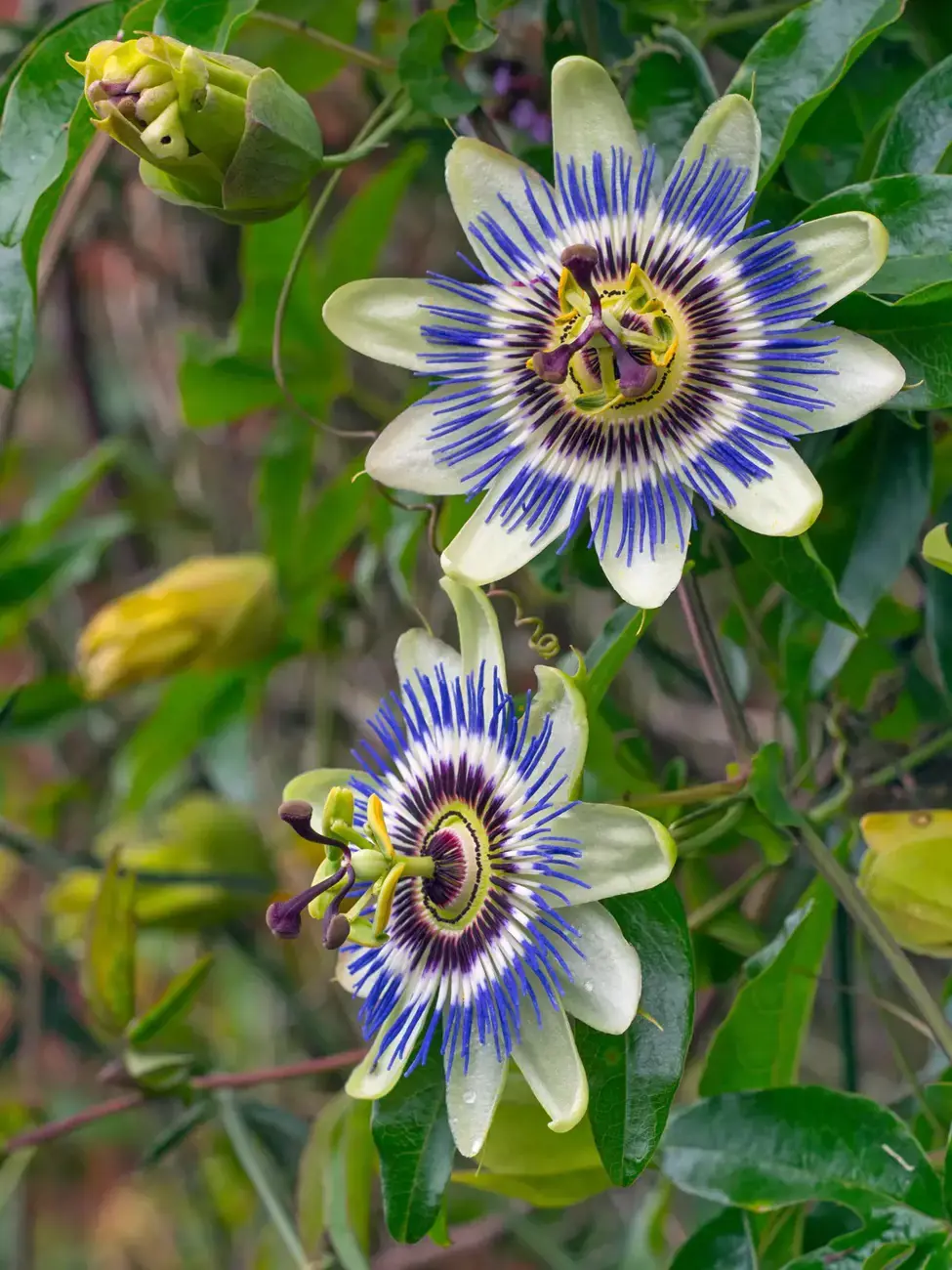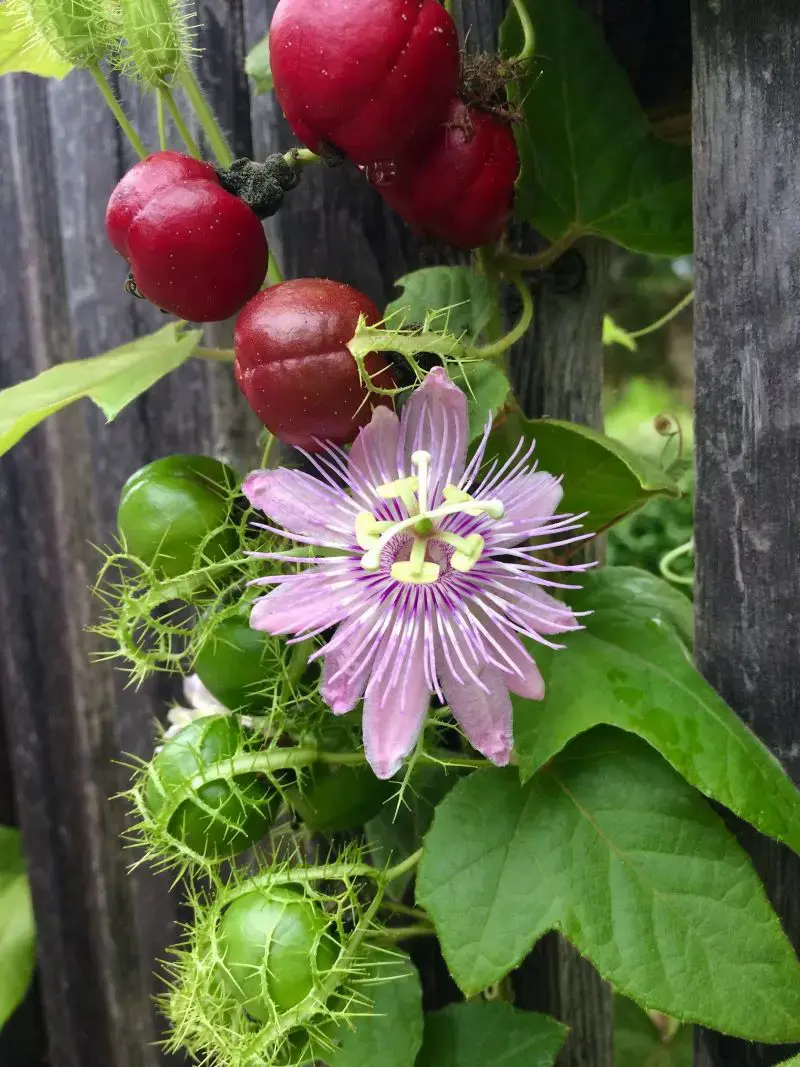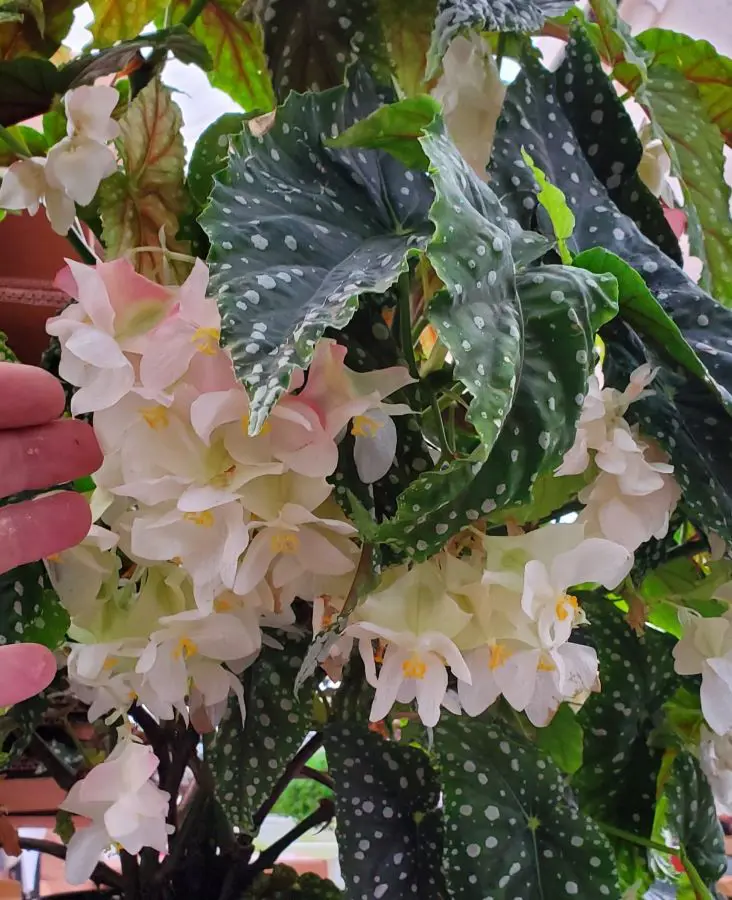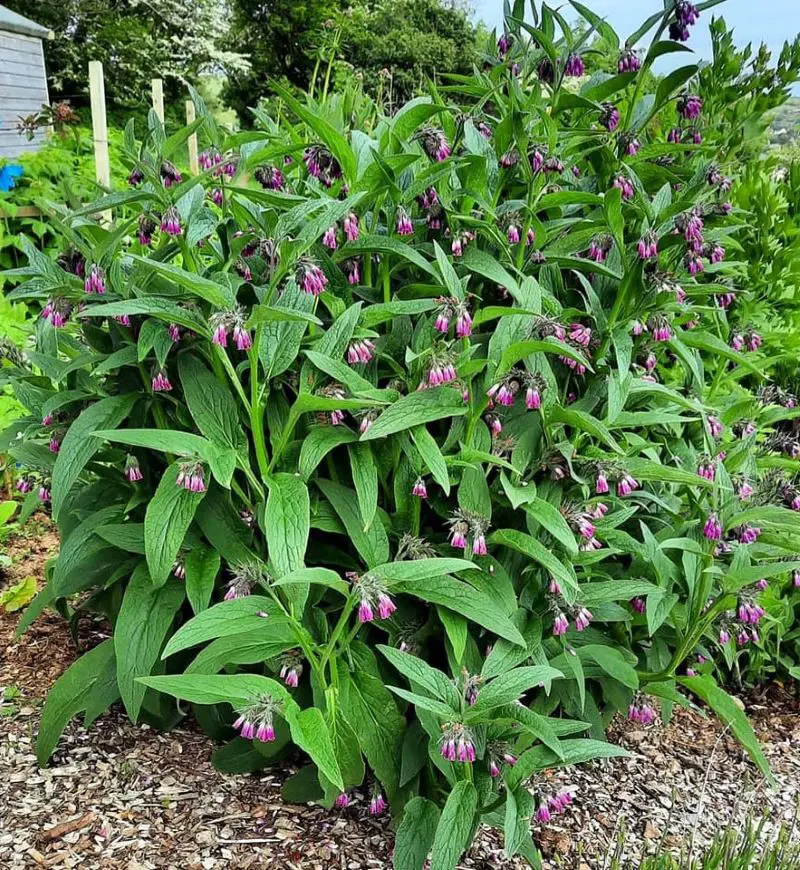When taken by mouth: Passion flower is likely safe when consumed as a tea for up to 7 nights or as a medicinal supplement for up to 8 weeks. Doses of up to 800 mg daily of a dried alcoholic extract of passion flower have been used safely in studies lasting up to 8 weeks, though it can potentially cause drowsiness, dizziness, and confusion.
Pregnancy: Passion flower may be unsafe to consume orally during pregnancy, as it could potentially trigger early labor and other complications. Certain chemicals in the passion flower plant may cause uterine contractions. It is advised not to use passion flower if you are pregnant.
Breast-feeding: There isn't sufficient reliable information to determine if passion flower is safe to use while breastfeeding. To be cautious, it's best to avoid using it during this time.
Surgery: Passionflower may interact with anesthesia and other medications used during surgery, leading to excessive slowing of the nervous system. Consult with a healthcare provider before taking passionflower within 2 weeks of a scheduled surgery.
Allergic Reactions: Though rare, some people might have an allergic reaction to passionflower, which could include symptoms like skin rash, itching, or difficulty breathing.
















